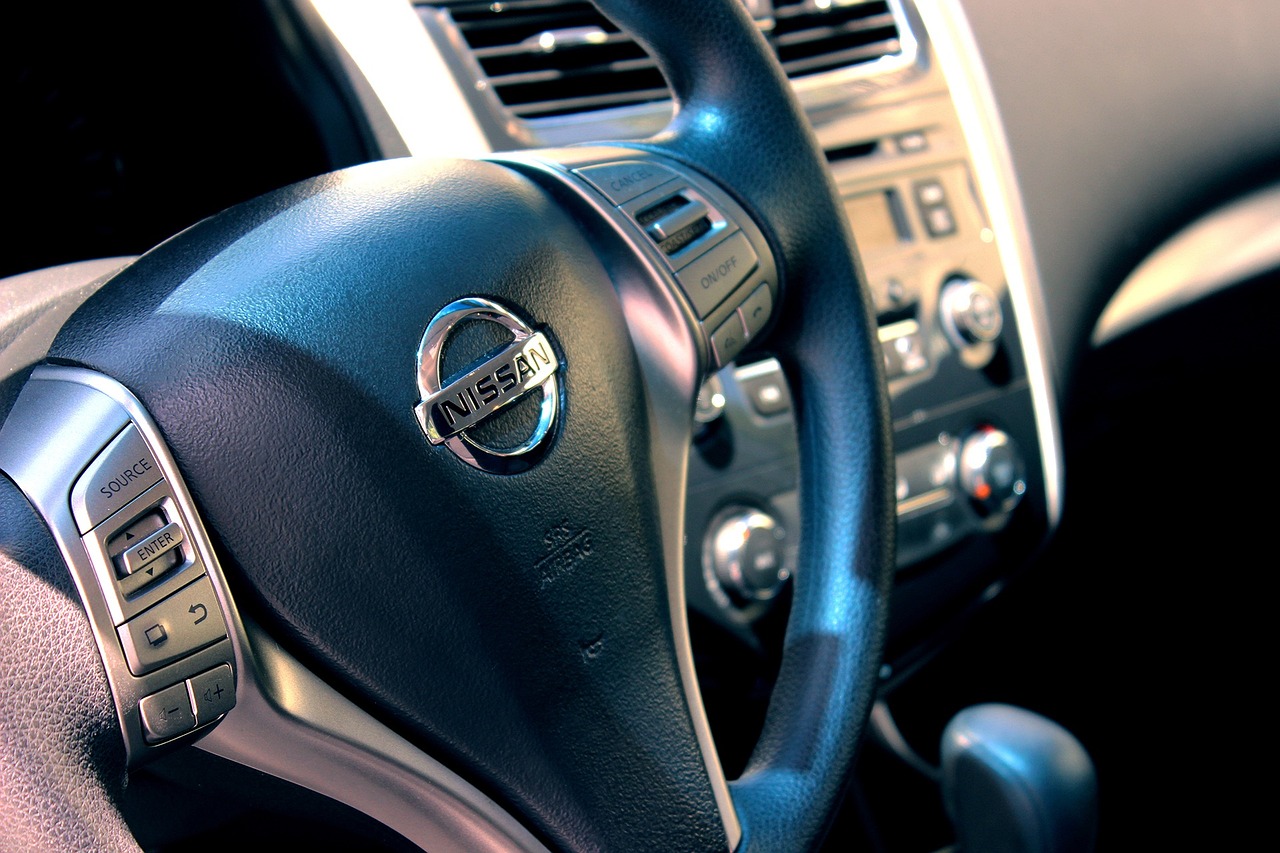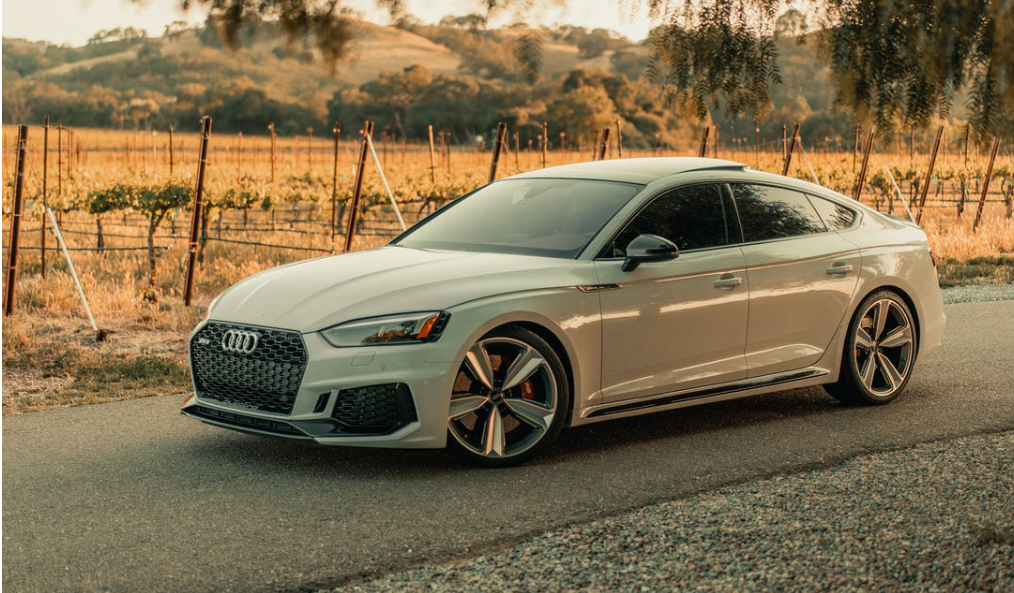
How to Prevent Your Car from Overheating This SummerHow to Prevent Your Car from Overheating This Summer
As the summer sun blazes down, your car can easily become a victim of heat. An overheating engine not only puts a damper on your plans but also leads to costly repairs. Nobody wants to find themselves stranded on the side of the road with steam billowing from under the hood. Fortunately, there are simple steps you can take to keep your vehicle running cool all season long. Let’s explore how you can prevent that unwanted summer meltdown and ensure smooth sailing through those hot months ahead.
Check Your Coolant Levels Regularly
Keeping an eye on your coolant levels is crucial during the summer heat. Coolant, or antifreeze, prevents your engine from overheating by absorbing excess heat. If it runs low, you risk serious damage. To check your coolant levels, locate the reservoir under the hood. It’s usually translucent with markings that indicate optimal levels. Make sure to inspect it when the engine is cool to avoid burns. If you find that your coolant is below the recommended level, top it off with a suitable mixture of coolant and water. Regularly checking every few weeks can save you trouble down the road.
Inspect Radiator and Hoses for Leaks

Your car’s radiator and hoses play a crucial role in keeping the engine cool. A small leak can lead to big trouble on hot summer days. Start by visually inspecting the radiator for any signs of damage or corrosion. Look for puddles or stains under your vehicle that might indicate a coolant …






 Before you start your search for a new sedan, it’s essential to have a good idea of the size you need and how many people you’ll be carrying regularly.
Before you start your search for a new sedan, it’s essential to have a good idea of the size you need and how many people you’ll be carrying regularly.



 Check if the Oil Level is Fine
Check if the Oil Level is Fine There are different kayak holders that are designed to transport kayaks and others made for sporting luggage and goods. If you need a multi-purpose rack, ensure it fits your kayak. You do not want to try something that is not meant for this purpose only to end up causing unnecessary damage to the kayak and your vehicle. Moreover, you should make sure it accommodates the dimensions of the kayak.
There are different kayak holders that are designed to transport kayaks and others made for sporting luggage and goods. If you need a multi-purpose rack, ensure it fits your kayak. You do not want to try something that is not meant for this purpose only to end up causing unnecessary damage to the kayak and your vehicle. Moreover, you should make sure it accommodates the dimensions of the kayak. When you compare the cost of mobile auto glass repair to a traditional windshield repair shop, a mobile service is less expensive. You should note that a mobile service that specializes in glass repair means that they can keep the costs affordable and low. On the other hand, most windshield replacement shops may replace the entire windshield rather than repairing it.
When you compare the cost of mobile auto glass repair to a traditional windshield repair shop, a mobile service is less expensive. You should note that a mobile service that specializes in glass repair means that they can keep the costs affordable and low. On the other hand, most windshield replacement shops may replace the entire windshield rather than repairing it.







 If you want to buy the best tires that will last you as long as you wish, then you need to make sure that you go for the right brand. The problem with many people is that they want to go for those cheap brands because they believe that that way, they can save a lot of money. If that has been you notion as well, then it is high time that you get rid of it and start looking at things from a reasonable perspective. Quality brands will always have a good reputation.
If you want to buy the best tires that will last you as long as you wish, then you need to make sure that you go for the right brand. The problem with many people is that they want to go for those cheap brands because they believe that that way, they can save a lot of money. If that has been you notion as well, then it is high time that you get rid of it and start looking at things from a reasonable perspective. Quality brands will always have a good reputation.
 You will realize that different taxis have different colors. Well, the different colors simply tell you that the taxis belong to different companies. This system helps the customers to identify with their favorite taxi company quickly.
You will realize that different taxis have different colors. Well, the different colors simply tell you that the taxis belong to different companies. This system helps the customers to identify with their favorite taxi company quickly.